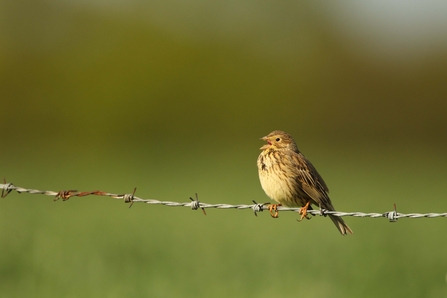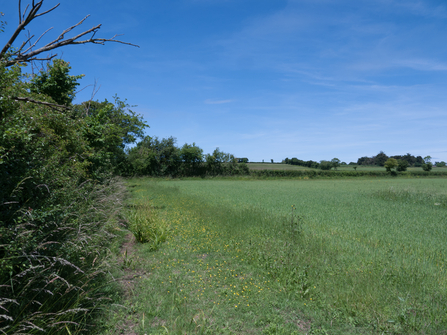Today, the Government launches a 10-week consultation on the vision for agriculture and land management in England called Health and Harmony: the future for food, farming and the environment in a green Brexit. This consultation – or Command Paper - will inform the Government’s forthcoming Agriculture Bill.
We believe that this is the first of three major pieces of legislation with massive implications for our environment, as the UK prepares for a future outside the EU. The second will be a Fisheries Bill. The third will be an Environment Bill, if we have anything to do about it. We are calling for the 2019 Queens Speech to commit to an Environment Act to establish environmental principles in law, ensure ambitions are set for nature’s recovery and set up a new environmental watchdog.This is all relevant because the land we farm does not sit in isolation. It is joined up to our towns and cities and seas and home to much of the UK’s wildlife. The sediment and chemicals that run off farmland not only diminish soil health but create problems for wildlife in our rivers and seas. If we manage our uplands badly our water bills go up because the water companies need to remove discolouration or pollutants. In the same way the solutions must be a joined up. We need a Nature Recovery Network to protect, join and create areas of habitat extending through farmland into our towns and cities and out to sea.



